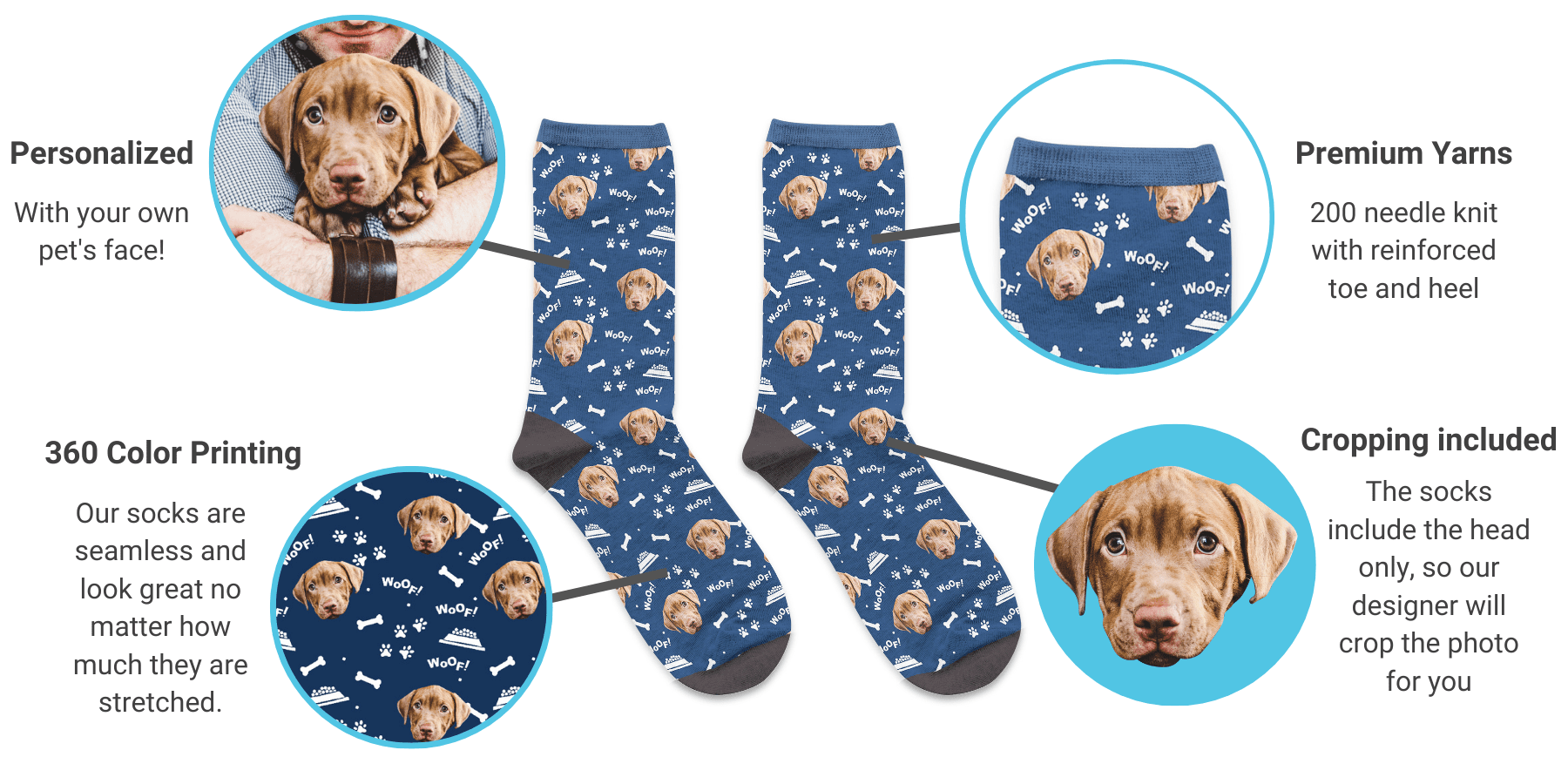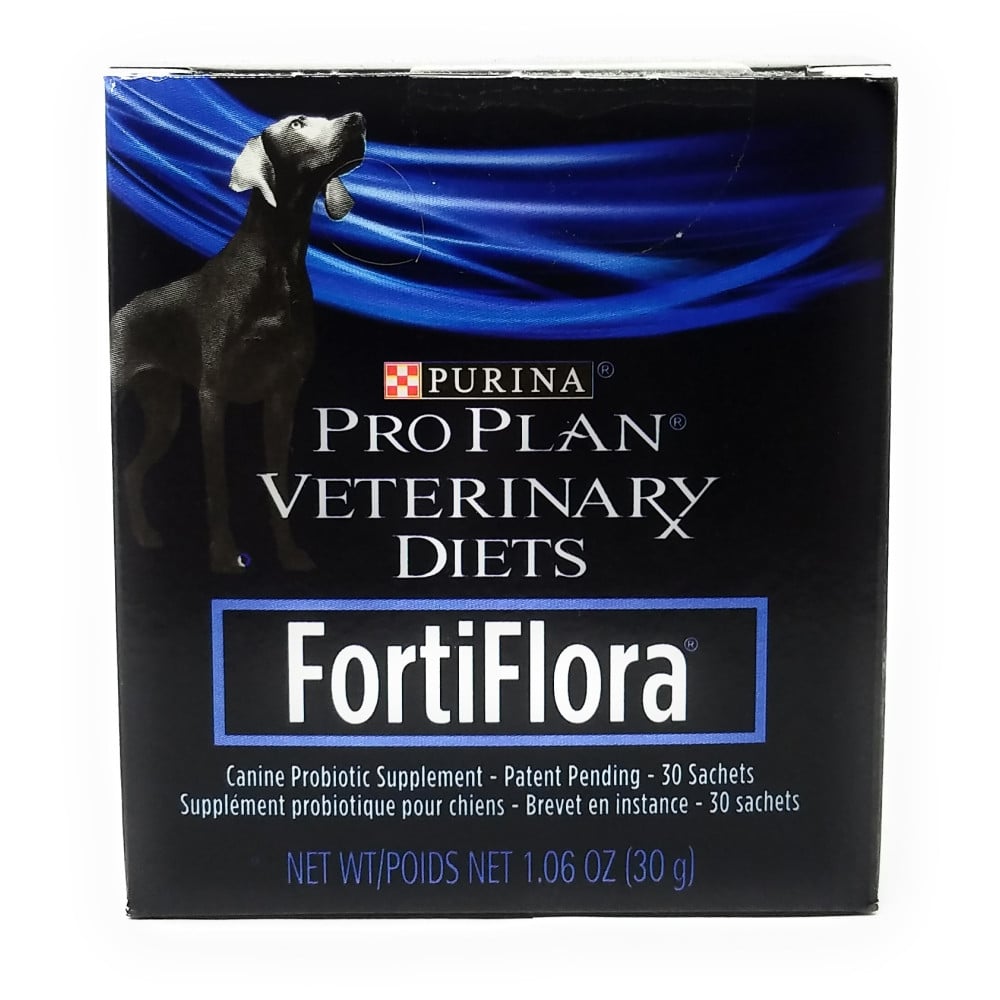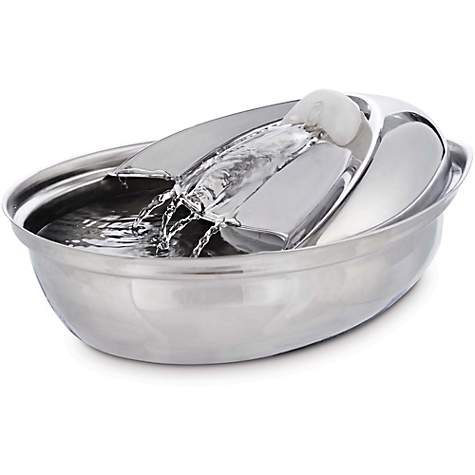Food Poisoning from Dead things...Garbage...and Leftovers
Dogs don't get food poisoning very often - especially considering what they tend to eat. Malamutes think nothing of eating road kill, a dead bird or something rotten and stolen out of the garbage. It's a survival instinct they've had for hundreds of thousands of years - you won't change them.
Ultimate Malamute Food -
Pizza Road Kill Bunny
All you can do is your best to supervise and keep things picked up and put away. Garbage should not be left out without a lid. Outdoor garbage should not be accessible from the dog's yard. On walks don't let him scarf down dead things he finds - even better if you don't let him sniff them - because it will be swallowed FAST if he thinks you may take it away. Malamutes are notorious for getting into lots of things they shouldn't - and depending on what they find, you could have a very sick dog on your hands.
Food poisoning is caused by bacteria including Escherichia coli, Staphylococcus, Streptococcus, Salmonella spp., Bacillus spp., Clostridium perfringens, and Clostridium botulinum, or Penitrem-A (neurotoxin). These lovely bacteria are in decomposing carrion, garbage, spoiled food. Moldy nuts, food, or grains can cause exposure to Penitrem-A. Ingestion of these types of substances by dogs is not uncommon. Cats tend to be more selective about what they eat. Once ingested, these substances alter the GI motility and permeability as well as produce CNS signs due to the endotoxin release from the dead bacteria. Make sure your dog food is fresh. There was a bad scare not too long ago and dogs were dying from one of these bacteria in commercial dog food. No matter how careful you are, the possibility is out there. Know the symptoms and don't delay in obtaining veterinary aid for your dog. How soon you recognize the symptoms can mean the difference between life and death.
One misconception is that dogs can get food poisoning from raw chicken and eggs like people do. Surprisingly this is very rare. Stomach acid in dogs is of a lower ph (more acidic) than humans and kills Salmonella which is what typically makes human's sick. Dogs do get sick from eating animals that carry parasites such as worms. They'll get tape worms from fleas when they catch and eat mice and rabbits. Keep tape worm medicine on hand for these instances. The reason dogs don't get sick more often from eating bacteria contaminated food is because they are well equipped to handle bacteria. They lick each other's butts! They pick up dirty sticks and eat poop. They eat dead squirrels and dirt, worms and bugs. Typically normal bacteria is not a problem for dogs. It is the less common bacteria, or 'designer' bacteria that are a danger to dogs. These are sometimes very specific to certain foods or grains. Also, it's important to consider whether the dog is immunocompromised in any way (very young, very old, ill, on antibiotics...) and the strain of bacteria present. While dog stomachs are pretty iron clad - if you have any doubt about leftovers, don't give them to the dog - it's not worth the risk.
Each bacteria affects the body in a different way, but all can produce potentially life-threatening diseases affecting multiple body organs. Penitrem-A is a fungal neurotoxin which affects nerves by causing uncontrolled firing of the nerves that cause muscle movement and seizures. This causes muscle injury, muscle cell breakdown, and fever. This is very similar to that of strychnine poisoning (rat poison). Supportive treatments include antibiotics, phenobarbitol for seizures, gastric lavage (removal of contents of stomach), and lowering body temperature - and being very patient when they barf all over the house.
Initial symptoms of Penitrem-A poisoning are:
- elevated heart rate
- pupils dilated
- capillary refill time normal
- shock
- elevated temperature
- panting
- restlessness
- drooling
- lack of coordination
- fine muscle tremors of the head and neck which progress to the entire body (convulsions)
- tonic spasms
- high temperature (over 101 degrees)
- lack of coordination
- seizures
- death
Signs of garbage intoxication from bacteria typically begin within 3 hours of ingestion. The problem is, you don't always know the garbage was ingested because Malamutes can be notoriously sneaky. Make sure any food leftovers, or even greasy tinfoil are removed from the kitchen trash immediately. Not only is food poisoning a possibility, but Malamutes have been known to eat the greasy aluminum foil from a turkey or the saran wrap that covers it which can cause a blockage on top of the initial food poisoning! Garbage intoxication symptoms include:
- diarrhea which may become bloody
- dehydration
- fever
- and signs of endotoxic shock
- depression
- hypotension
- collapse
- either rapid or slow capillary refill time
- hypothermia or hyperthermia
- and decrease in urine production.
Signs of botulism include:
- vomiting
- drooling
- abdominal pain
- dry eyes
- rear limb weakness
- depressed reflexes
- Certain reflexes of the tendons, eyes, and throat are depressed.
If you in any way suspect your dog has eaten something nasty and is showing any of the above symptoms, give activated charcoal and seek veterinary attention immediately. Don't waste time trying to make him throw up, he's probably already emptied the stomach as much as he can by vomiting. You need veterinary assistance The vet will likely put a tube down his throat and remove the remaining stomach contents then administer activated charcoal to absorb any remaining toxins. IV fluids are administered to maintain hydration, oxygen, and drugs for nausea and vomiting. Seizures and tremors are treated with medication such as phenobarbital. The dog may be treated with other types of fluids, especially if showing signs of shock. Antibiotics are administered. There are other specific treatments for botulism antitoxin if it's suspected. If the cause is botulism, recovery is guarded, depending on the severity of signs at time treatment begins and the exact toxin. So there is no time to waste.
These are life threatening emergencies. The dog needs to get to an emergency clinic immediately. It's not just an "upset stomach". It's serious business. Don't delay!











